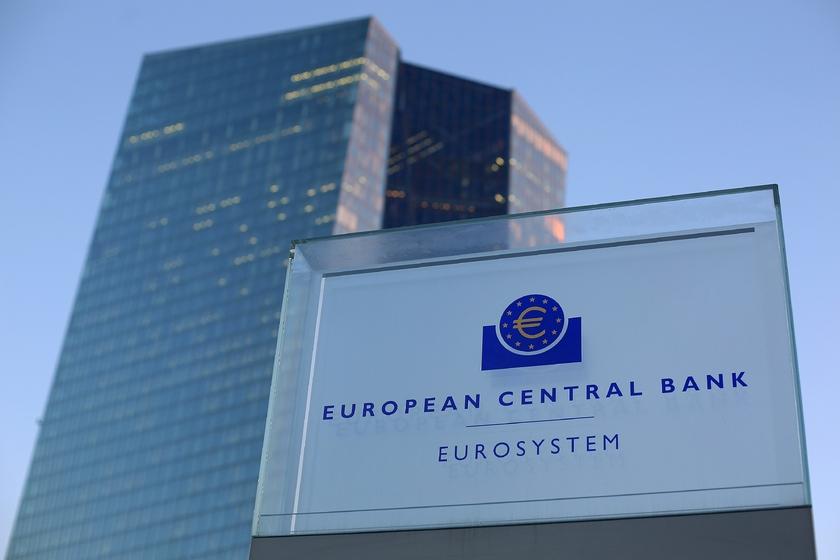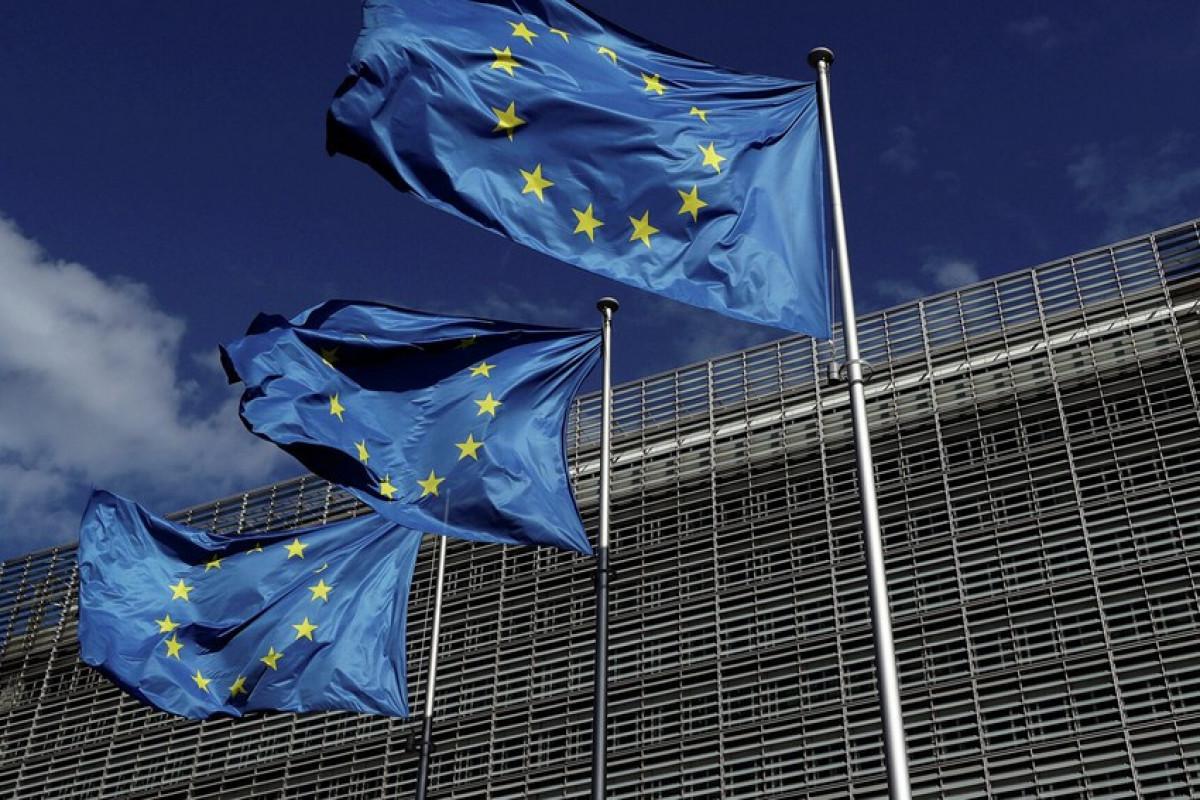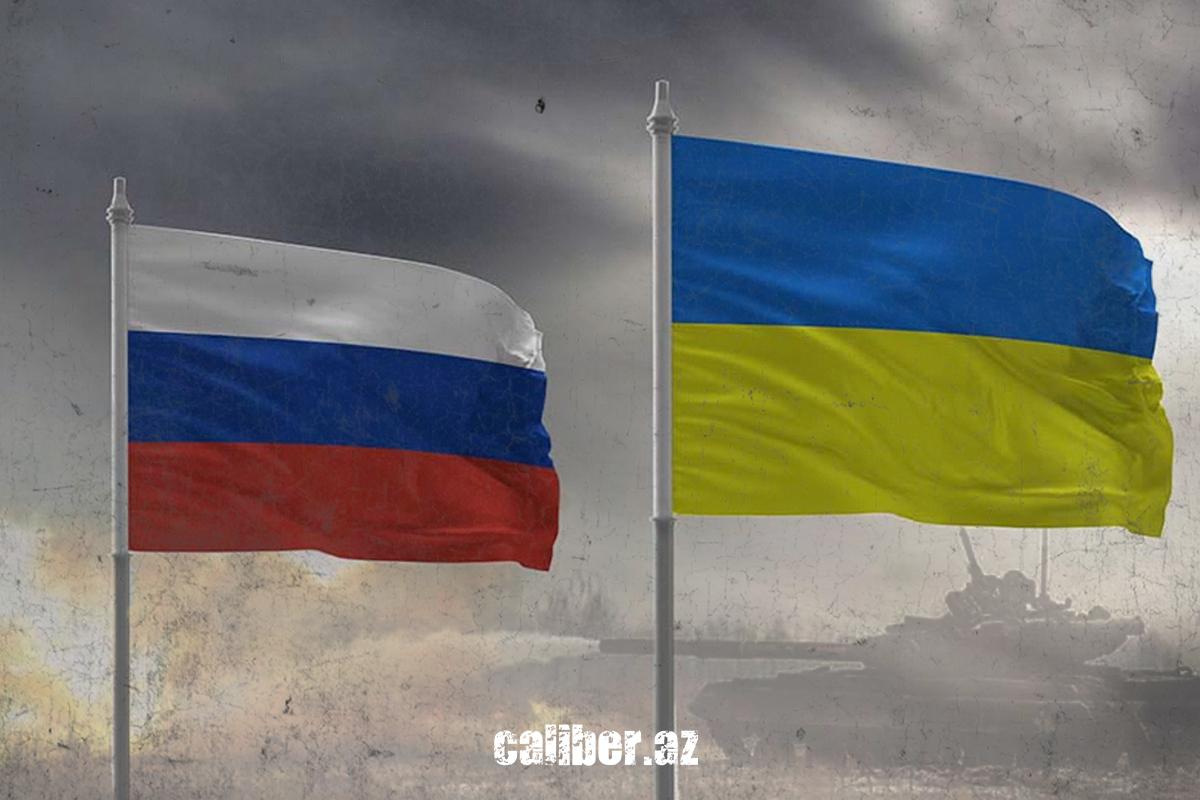Mutually assured destruction as perspective for Russia, Ukraine and EU Analysis by Serhey Bohdan
"If the country stops receiving Russian gas, we will face civil unrest," German Foreign Minister Annalena Baerbock recently. She later clarified that she had "somewhat overstated" the problem, but there is still no way around it without gas from Russia. Baerbock, a leading "hawk" in the German cabinet, even called for taking care that the war and its consequences "will not lead to a split society" in Germany, which is the undisputed "economic driving force" of the EU. The consequences of the war in Ukraine already threaten the present and future not only of Russia but also of the European Union. The Russian-Ukrainian conflict is hitting Western Europe in all areas.
The worst economic situation in decades
Russia resumed gas deliveries via Nord Stream 1 on Thursday after scheduled repairs, but it is still loading the pipeline at 40 per cent capacity - Moscow has reduced the capacity since mid-June. Since May 11, Ukraine, too, has reduced the transit of Russian gas to the EU through its territory by a third.
In this regard, on Wednesday, the European Commission proposed that EU countries voluntarily reduce gas consumption by 15 per cent from August 2022 to March 2023, to cope with a possible reduction in blue fuel supplies. Brussels warns that it may make these proposals mandatory. According to analysts, such measures indicate that the EU is preparing to stop supplying Russian gas via all routes - not only Nord Stream and via Ukraine, but also via Turkish Stream.
As a consequence of gas supply disruptions, sanctions, and broken relations, consumer prices in the eurozone were 8.6 per cent higher in June than in the same month last year. The EU Commission expects inflation in the eurozone to average 7.6 per cent this year, reaching an all-time high. In the crisis year of 2011, inflation was three times lower, around 3 per cent. However, the official figures already raise questions. In recent months, the prices of practically every food product have risen by at least twenty percent, in Germany alone, before the sharp rise in gas and electricity prices that is predicted in the near future.
Not surprisingly, the frantic mood has also seized the bankers. On Thursday, the European Central Bank (ECB), the critical financial institution of the EU, decided to sharply increase the benchmark rate, which serves as the basis for setting the interest rate on loans, from zero to 0.5 per cent. The supposedly small figure is misleading, because in reality credit for everyone will now cost a lot more (on the way from the central bank to consumers, banks will not miss out, multiplying the interest rate at which they lend). ECB Director Christine Lagarde warned that they are likely to keep raising this benchmark rate as well.
The ECB has not raised rates since 2011, and is now trying to reduce the amount of money in the market and curb inflation. Half-percent increase, experts believe, will not be enough. Actually, prices went up even before the pandemic, but the war and uncertainty with energy supplies turned creeping inflation into galloping inflation.
The ECB took a long time to respond to what was visible to every European average citizen. Like many other politically inconvenient things, European elites preferred to pretend nothing was going on. The US Federal Reserve and the Bank of England have recently raised their respective interest rates. Given these circumstances, we can say that the current move by EU bankers indicates a "firestorm" - and by the way, the seriousness of the "fire" is evidenced by the fact that in June the ECB had planned to raise only 0.25 per cent, but doubled the figure. In 2011, there were only two hikes of 0.25 per cent, and then there was no talk of further increases, and the hikes were soon rolled back.

Population impoverishment as a reality in Western Europe
In the lives of ordinary citizens, recent events related to the Russo-Ukrainian war are quite tangible. Money is wasting its value before our eyes. Last week Europe's current leaders did the nearly impossible by dropping the Euro below the dollar for the first time in 20 years! And this is at a time when the United States itself is gravely challenged and divided.
Or another example. Throughout the 2010s (also tough times), the minimum wage in Germany only increased by about one euro, reaching 9.60 euros per hour last year. The new German government has increased it by two euros in less than a year: from October, the minimum wage will be 12 euros per hour. The relevant decision was, incidentally, taken on the day before the Russian invasion, i.e. even before the war it was clear that the population was getting poorer. Inflation after the outbreak of the war had already offset these additions.
It should be added that, despite the seemingly high incomes in Western Europe, the living situation of most Western Europeans is far from as solid and stable as it appears at first glance. To begin with, Western Europe lacks the bonds of solidarity and reciprocity between relatives and people within society that allow people in other Middle Eastern or post-Soviet countries to survive major upheavals. Second, except for the very old generations, the vast majority of people in Germany do not have any serious savings and live in rented housing rather than in their own apartments. In the former Soviet Union, the situation is much better. And this means that the system of social security, social guarantees, and protection of consumer rights plays a more important role for Germans. And this system has been phased out in recent years.
The war has intensified these tendencies. Against the background of the government's decision to give billions of dollars in subsidies to firms suffering from reduced gas supplies, the point is that everyone has to pay for the rising cost of energy. In addition, businesses should be freed from restrictions - in particular, previously concluded contracts under which customers received gas, should be recognized as non-binding in the new circumstances, and such a norm as "price guarantee" should be abolished.
The current government's policy towards the integration of Ukrainian refugees, which is radically different from the integration of, say, a similarly large flow of Syrian refugees in the 2010s, also contributes to the disintegration of the social system. Although Ukrainian refugees will clearly outnumber Syrian refugees by a wide margin, for the first time Berlin decided not to apply the standard asylum procedure to such refugees, but rather a much faster and more liberal mechanism for granting so-called temporary protection. It limits the government's ability to manage the flow of arrivals, and it is noteworthy that although this mechanism existed before, it remained only on paper, and politicians did not dare to put it into effect for victims of wars from non-European and/or non-Christian countries.
Now it has been done. The emergence on the market of a huge labor force from Ukraine, which can be hired without much red tape (unlike previous waves of refugees), creates fertile ground for abuses and creeping liberalization of labor laws in the worst sense of the word. Taking advantage of the lack of knowledge of the language and of the legal system, desperate people are forced to accept conditions of employment that are nightmarish in terms of German reality, such as contracts of 48 hours a week, or contracts in which one is essentially tied to a firm through housing. This sets a precedent for the breakdown of the German employment and welfare system. The West is not moving toward a "post-industrial economy," but toward a remake of the predatory capitalism of a century ago.

European War
There is no end to the EU's problems as the war in eastern Europe is turning from a Russian-Ukrainian war into a European war, and more and more woods added to the fire. The share of Western systems in the total volume of the heavy armament of the Ukrainian army is about to reach one-third, according to reputable Western experts. They insist on the technological superiority of these weapons, which they say will ensure the success of the Ukrainian army's counterattack in the future. That's just not seen yet that Western weapons have significantly affected the course of the war — and probably realizing this, Western politicians are talking about a conflict that will last for years.
This makes it possible to justify increased military spending in countries whose populations see rising prices and growing inflation on a daily basis. The old wisdom of "guns instead of butter" very accurately depicts the current evolution of the Western world, and it began long before the war. But no one is distracted by these details, and the fact of Russian aggression is quite obvious and undeniable in order, referring to it, to explain to citizens the need to invest more money in weapons as inflation and social guarantees are increasing.
By the way, the weapons are mostly American and strictly remain under the technological control of American corporations. The war contributed to the policy of unifying the standards of armaments of NATO countries and, of course, European weapons systems become victims - for example, European projects of new generations of combat aircraft have actually been abandoned. And last but not least, even the weapons purchased by Europeans are supposed to be used as part of a military alliance under actual American leadership.
The EU's integration into Pax Americana comes not only through militarization but also through fundamental infrastructural issues. In the West European political mainstream, it is now a question of reorienting the existing pipeline infrastructure, which has so far pumped gas (as well as oil) from east to west and from north to south of the continent in the opposite direction: energy resources are to be pumped from west and south to the east and north of the EU, respectively. Amid the disruption of other transit flows (land and sea), this means the geopolitical separation of the EU from the Asian continent and its further transformation into a US outpost.
All this is a direct consequence of the Kremlin policy. It is Putin's invasion of Ukraine that destroys the last foundations of a hypothetical "European Europe" capable of living without American hegemony, as President de Gaulle said. The EU is strengthening transatlantic ties, although there is no equality with Washington.
At the same time, the European Union is clearly weak from within - this is probably what the current occupants of the Kremlin are hoping for, ignoring the fact that by destroying the EU, they are strengthening the United States and contributing to the growth of American influence and presence in Europe. Moscow clearly primitively hopes that the consequences of the war will cause a split in Europe and the collapse of Ukraine.
Yes, there is a lot of disarray and instability in the EU. There is a clear, albeit "smeared" split between "Old Europe" (France, the FRG, and some Western European countries) and "New Europe" (Eastern European states seeking an even greater American presence on the continent). There is also a split between Germany and the other more affluent countries in the north of the European continent on the one hand, and the less affluent states of southern Europe on the other. And for example, when last week the European Commission made a proposal to save gas, thus expanding the policy of reducing energy consumption already started by Germany for the entire EU, Greece and Portugal opposed such measures in response, and the party in power in Hungary generally declared a desire to buy more gas from Russia.

Who will rebuild Ukraine?
During the Cold War, there was a military concept of "mutually assured destruction," which pointed to the ability of each side to deliver a devastating blow in response, initially making the attack itself meaningless. This concept somehow springs to mind when it comes to the prospects of a war between Russia and Ukraine (supported by the EU).
Whatever the outcome of the war, it is clear that the prospects for all three parties - Ukraine, Russia, and the EU - look bleak. The impending protracted war will lead to colossal destruction in Ukraine, and none of the foreign benefactors will provide the country with the funds to fully rebuild. We will not even talk about Russia, we will only refer to the futility of hopes for help from the West (even the EU, not to mention the US). They exist, taking sometimes bizarre forms - the Ukrainian government in early July at a conference in Lugano itself divided its country into sectors, which after victory will be distributed for "restoration" to the allies - but what kind of victory is this, and can such actual concessions be called restoration?
In any case, the "Marshall Plan" will not be repeated. For a simple reason - there was no need (in the 1940s, the Americans had to prevent the revolutionization and Sovietization of Western Europe, which would have allowed Stalin to seize its huge scientific and industrial potential, now Ukraine is not so important) and no money ("Marshall Plan" was funded by, including, the funds seized in the Nazi Reichsbank, which in turn looted them in other countries). And how the West has rebuilt other countries in recent decades - ask the Afghans and Iraqis about that.
The EU itself could be seriously undermined by war. The instability on its borders will grow and a huge Ukraine will be added to broken Libya and Syria. Military spending is on an endless upswing and the economy is being deprived of cheap raw materials. Cheap energy and the Russian market are already disappearing. Russian ties played an important role for Western Europe long before Schroeder and Putin began to develop them. Back under the tsars, for Germans, Dutchmen, and other West Europeans, the Russian Empire was analogous to America - people went there to make money. Even during the Soviet era, German businesses made vast sums of money in the USSR, and it was only logical that they would seek to take advantage of raw materials and energy supplies from the Eastern Bloc. Now, instead of discussing opportunities for cooperation with Russia, there is only talk about the Russian "gas needle," the "Kremlin as a drug dealer," and it is considered axiomatic that Europe cannot ensure its security without the United States. Yes, this is the case in the Euro-Atlantic system of coordinates, aligned around US interests. The European Union sees no other system of coordinates for itself.
Returning to the concept of "mutually assured destruction" - wittily named after the first letters of the English term MAD, i.e. insanity - let us recall that it contributed to the restraint of the Cold War. Alas, the obvious mutual destruction of each other by the sides in the current conflict (albeit in different ways, but with a fatal outcome this does not matter), did not force them to agree before the start of the war and did not stop the Russian invasion. Even now it is impossible to even discuss this scenario on either side of the front.








